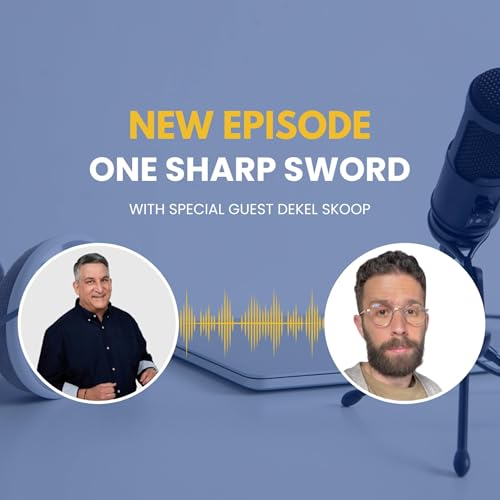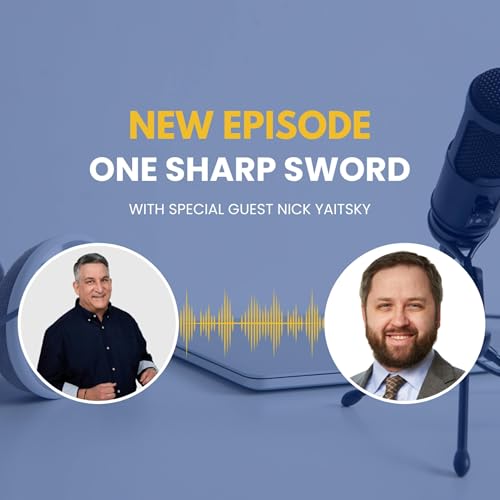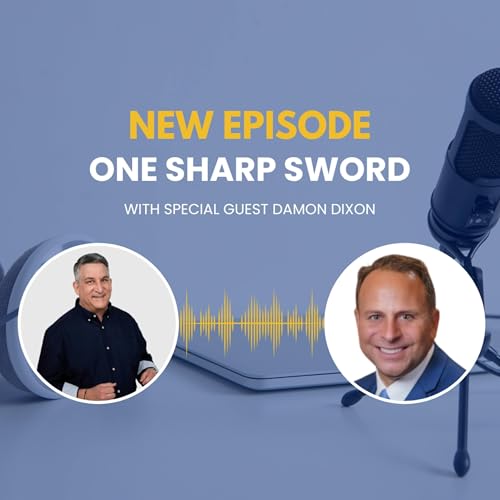Heather Mulligan joins Dr. Wayne Pernell for a rich, far-reaching conversation about leadership, public policy, global perspective, and shaping the economic future of New York State. As President and CEO of the Business Council of New York State, Heather has become one of the state’s most influential voices for business growth, workforce development, and smart economic policy.
Drawing on a life that began in Tunisia, a fast-tracked academic journey, and a career spanning public defense, legislative work, and executive leadership, Heather offers deep insight into what it means to advocate, adapt, and lead boldly in today’s polarized climate.
✨ Key Topics & Insights
• From Tunisia to New York: A Global Lens on Leadership Heather shares her early years as one of the first Peace Corps babies, her return to Tunisia as a teen, and how global exposure shaped her worldview and sense of fairness.
• Accelerating Through Academics & Pivoting to Law A skipped grade, entrance into college at 16, the dream of becoming a veterinarian, and the unexpected events that led her toward political science, law school, and ultimately a career in advocacy.
• Advocacy at the Core: From Public Defender to CEO Heather discusses her passion for being “the voice for the unpopular,” from defending clients who couldn’t afford representation to representing businesses statewide.
• Business Climate Realities in New York State High taxes, regulatory pressures, the exodus of corporate headquarters, and what New York must do to stay competitive. Heather breaks down the economic ripple effects of policy decisions.
• AI’s Transformational Impact on Workforce & Economy Heather and Dr. P explore AI not as a job-stealing villain, but as a necessary tool for productivity amid shrinking labor pools and demographic shifts.
• Overcoming Partisanship & Embracing Context The danger of sound-bite culture, the importance of understanding “the rest of the story,” and how leaders must resist painting any group with a broad brush.
• Leadership During Crisis: Inside the Pandemic Response Heather shares how her team became the information hub for businesses during COVID shutdowns — while managing burnout, remote-work disruption, and cultural shifts inside the organization.
• The Power of Listening & Asking the Right Questions A deep dive into leadership essentials: creating psychological safety, seeking input, and giving people permission to disagree.
🎥 Watch the full episode now on my YouTube channel: https://youtu.be/_LfSgFxdLSU
 2026/02/2435 分
2026/02/2435 分 2026/02/1745 分
2026/02/1745 分 2026/02/1040 分
2026/02/1040 分 2026/02/0343 分
2026/02/0343 分 2026/01/271 時間 17 分
2026/01/271 時間 17 分 2026/01/2043 分
2026/01/2043 分 2026/01/1350 分
2026/01/1350 分 2026/01/0642 分
2026/01/0642 分
